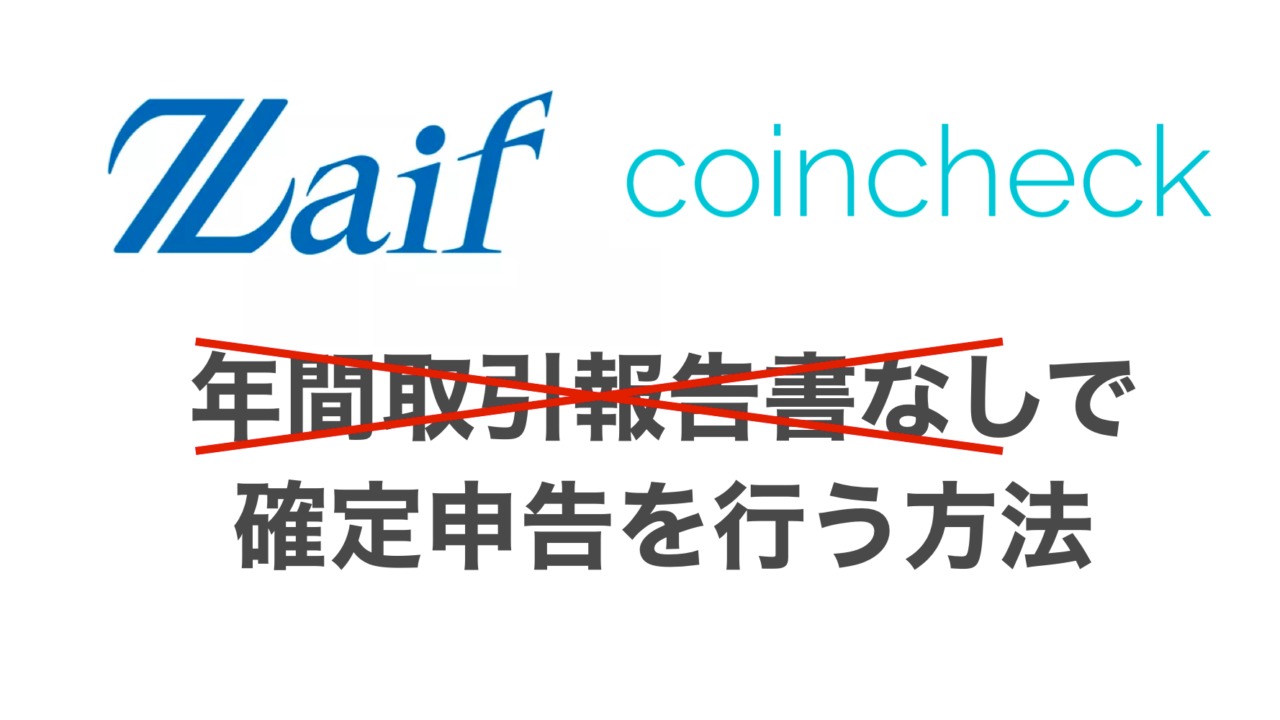

Japan last year rolled out the world's first system to oversee cryptocurrency exchanges, in a bid to protect customers and stamp out illegal uses of cryptocurrencies as it sought to nurture a young and promising sector. The body will set out rules on issues like exchange security and advertising, and will lay out penalties for members who don't follow the policies, the Nikkei business daily reported on Wednesday. They had originally planned to merge two existing industry bodies representing both registered and unregistered exchanges.

The registered exchanges will form a self-regulatory body from April, sources have told Reuters.
#COINCHECK ZAIF FULL#
Zaif is one of 16 exchanges registered with the government, which last year allowed a further 16 - including Coincheck - to continue operating pending full registration. The theft also drew into question Japan's system of overseeing exchanges. The latest flub could draw further attention to security and systems at cryptocurrency exchanges, which were already under scrutiny in the wake of the Coincheck heist. Zaif's operator had already faced checks after last month's theft of $530 million in digital money from Coincheck Inc, with regulators fearing its systems were at risk from cyber-attacks. 16 - though it was still trying to resolve the issue with one customer who tried to transfer the knock-down bitcoins from the exchange, a spokesman told Reuters. The exchange voided the trades after discovering the error, which happened on Feb. Zaif, a government-registered exchange run by Osaka-based Tech Bureau Corp, said on Tuesday that a system glitch had let seven customers buy bitcoin with no yen value during a 20-minute window last week.
#COINCHECK ZAIF FOR FREE#
Coincheck was not fully licensed at the time it was hacked, but Tech Bureau Corp is a registered exchange.A blunder at a Japanese cryptocurrency exchange let investors briefly buy bitcoins for free - though none were able to profit from the mistake. Both Coincheck and Tech Bureau Corp were founded in 2014, before the new laws went into effect. Since April 2017, Japan has required all of its crypto exchanges to be licensed. Coincheck has since been acquired by Monex. That hack represented one of the largest financial losses since the introduction of bitcoin. Early this year, Tokyo-based Coincheck saw a loss of $530 million worth of NEM tokens. The hack represents another setback in a country that has been trying to regulate its cryptocurrency exchanges with the same level of oversight it does banks. According to Japan Times, Fisco will send in directors and an auditor while Tech Bureau’s own managers will resign over the incident.

In addition, Tech Bureau Corp will sell a majority stake of its company to Fisco, which owns its own exchange. It also intends to pay back its customers and has already secured a 5 billion yen ($44.5 million) loan from Fisco Digital Asset Group.

The exchange has suspended all services for now but plans to get back online once it has secured its network. Now the financial watchdog is considering issuing a third warning, reports the Japan Times. Japan’s Financial Services Agency (FSA) has already issued two business improvement orders ( one in March 2018, the other in June 2018) to Tech Bureau Corp for its lax management structure. In contrast, a cold wallet represents more secure, long-term storage that is kept offline. A hot wallet refers to a wallet that remains online for immediate transactions. All the cryptocurrency was taken from a server managing its hot wallet. Tech Bureau Corp will be able to tell the exact number of bitcoin cash and monacoin stolen once it gets its servers back up. Of those, $37.8 million were bitcoin funds (5,966 BTC). The three virtual currencies stolen include bitcoin, monacoin and bitcoin cash. Of the stolen money, the hacker siphoned 4.5 billion yen (about $40 million USD) from user accounts and 2.2 billion yen (just under 19.5 million USD) from the company’s own assets. The exchange detected the breach on September 17, 2018, and reported the event to authorities the following day. Tech Bureau Corp, the Osaka-based company that operates Zaif, estimates the heist occured on September 14, 2018, between 5 p.m.


 0 kommentar(er)
0 kommentar(er)
